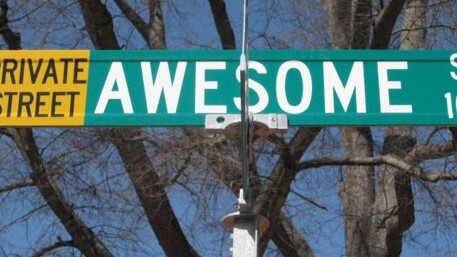
What exactly should your chief product officer (CPO) do? And more importantly, how do you identify the right person for the job?
To find out, we asked six entrepreneurs from YEC to share which characteristics they believe are most critical to a CPO’s success in a startup setting.
Their best answers are below:
 1. An Insatiable Drive to Make Things Better
1. An Insatiable Drive to Make Things Better
A great Chief Product Officer needs to be have both a micro and macro focus on making things better. He or she should be focused on getting important deliverables out the door in the short term while simultaneously inspiring people to find ways to improve the core productsteadily and noticeably over time.
A great CPO is always asking, “How can we make this better?”
 2. Empathy
2. Empathy
A great CPO should be able to step into the shoes of their target customer and understand exactly how they will feel when using the product.
 3. Tact
3. Tact
Considering the globalization of today’s economy, one characteristic of a great CPO is tact. You’ll likely be dealing with folks from all over the world, so the ability to be diplomatic and respectful of other cultures is key.
– Andrew Schrage, Money Crashers Personal Finance
 4. Attention to Detail
4. Attention to Detail
A great CPO needs to have a knack for the little things. It’s crucial that nothing is overlooked and every little detail is thought about and executed perfectly.
 5. Strong Communication Skills
5. Strong Communication Skills
CPOs must have well-rounded technical knowledge. But because they work with many stakeholders, it is critical that CPOs have great communication skills too.
According to our CTO Brad Falk, in tech-based firms CPOs may work on design, data and even sales. Mostly, CPOs have a key role in feature planning. It is crucial that CPOs work well with others and can explain the road map and vision since CPOs steer how products are built.
 6. Influence
6. Influence
As CPO, you must rally different departments to work together in an effective and productive manner.
For example, many times, engineers come in conflict with marketers. You would need to be the one to mediate the situation and ensure the company’s vision is still being fulfilled instead of stymied because teams can’t settle on a decision or get along.
Read next: 12 things product managers should do in their first 30 days at a new company
Get the TNW newsletter
Get the most important tech news in your inbox each week.
 1. An Insatiable Drive to Make Things Better
1. An Insatiable Drive to Make Things Better
 2. Empathy
2. Empathy 3. Tact
3. Tact 4. Attention to Detail
4. Attention to Detail 5. Strong Communication Skills
5. Strong Communication Skills 6. Influence
6. Influence



